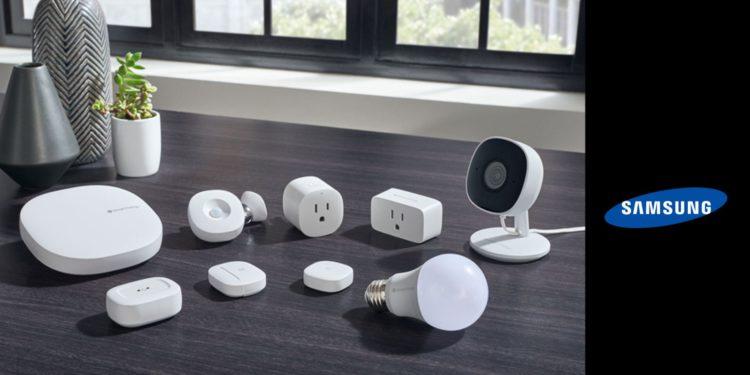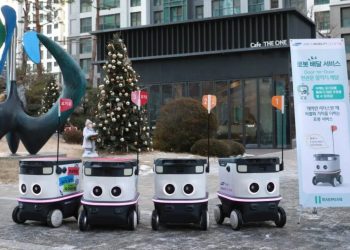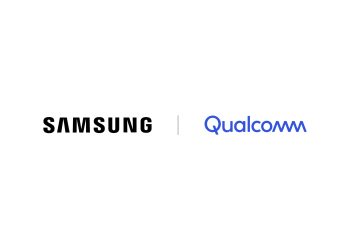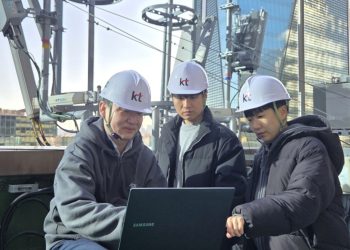Samsung Electronics is set to introduce its line of home appliances with the integration of generative artificial intelligence (AI) features starting next year. Yoo Mi-young, the head of the software development team within Samsung’s digital appliances division, announced the same during the IFA tech trade show held in Berlin.
The company plans to empower its home appliances with generative AI capabilities, ensuring more intuitive interactions between users and their devices. Consequently, Samsung plans to equip its home appliances with an ultra-low-power Neural Processing Unit (NPU) chipset. This chipset will play a vital role in facilitating the efficient functioning of generative AI, ensuring a harmonious and user-friendly experience.
The generative AI technology will not be confined to a single facet but will encompass voice recognition, visual processing, and display functionality. “Generative AI technologies will be applied to voice, vision and display,” Yoon said in a recent report.
Samsung’s vision is to have home appliances that deeply understand user behavior and preferences, resulting in context-aware and intelligent responses. This shift aims to create a more conversational and personalized interaction between users and their household devices.
In parallel initiatives, Samsung is set to integrate ultra-low-power Neural Processing Unit (NPU) chipsets into its appliances, effective next year. According to Vice President Yoo, the current high power consumption of Central Processing Units (CPUs) limits continuous AI operation. To circumvent this, Samsung plans to develop and deploy ultra-low-power chipsets, enabling round-the-clock AI functionalities within its appliances.
The AI-driven enhancements won’t be confined to a select range of devices; they will be widespread across Samsung’s appliance lineup, covering premium and entry-level products. The same can be seen in Samsung’s operating system, ‘Tizen,’ which will receive substantial upgrades. Tizen, optimized for voice recognition and video processing, will be strengthened with AI capabilities. Furthermore, the lightweight ‘TizenRT’ operating system will also be equipped with AI features, ensuring appliances can easily incorporate new functionalities through updates.
Further, Samsung is engineering an energy-efficient chipset, addressing smart home devices’ growing complexity and data intensity. The aim is to keep power consumption to a minimum, targeting an impressive goal of less than 0.1 watts of energy utilization over 24 hours for AI-enabled appliances.
Samsung’s venture into the smart home ecosystem traces back to 2014, when it made a pivotal acquisition, bringing SmartThings into its fold. SmartThings, a prominent open platform from Washington, was dedicated to the burgeoning Internet of Things (IoT).
Read more from KoreaTechToday:
- Samsung Electronics Enters Food Tech with ‘Samsung Food’ AI Nutrition Platform
- Samsung Research President Outlines AI Vision for Samsung
- Samsung Introduces Z Flip 5 and Z Fold 5: New Foldable Lineup Debuts in 50 Countries
- Government and Korean Tech Giants Join Hands to Launch Intelligent Home Initiative
- Samsung, Q CELLS Deliver Ultra-Competitive Zero Energy Home Tech







